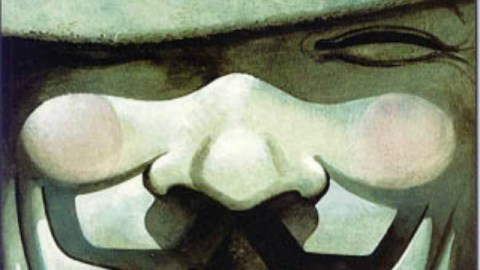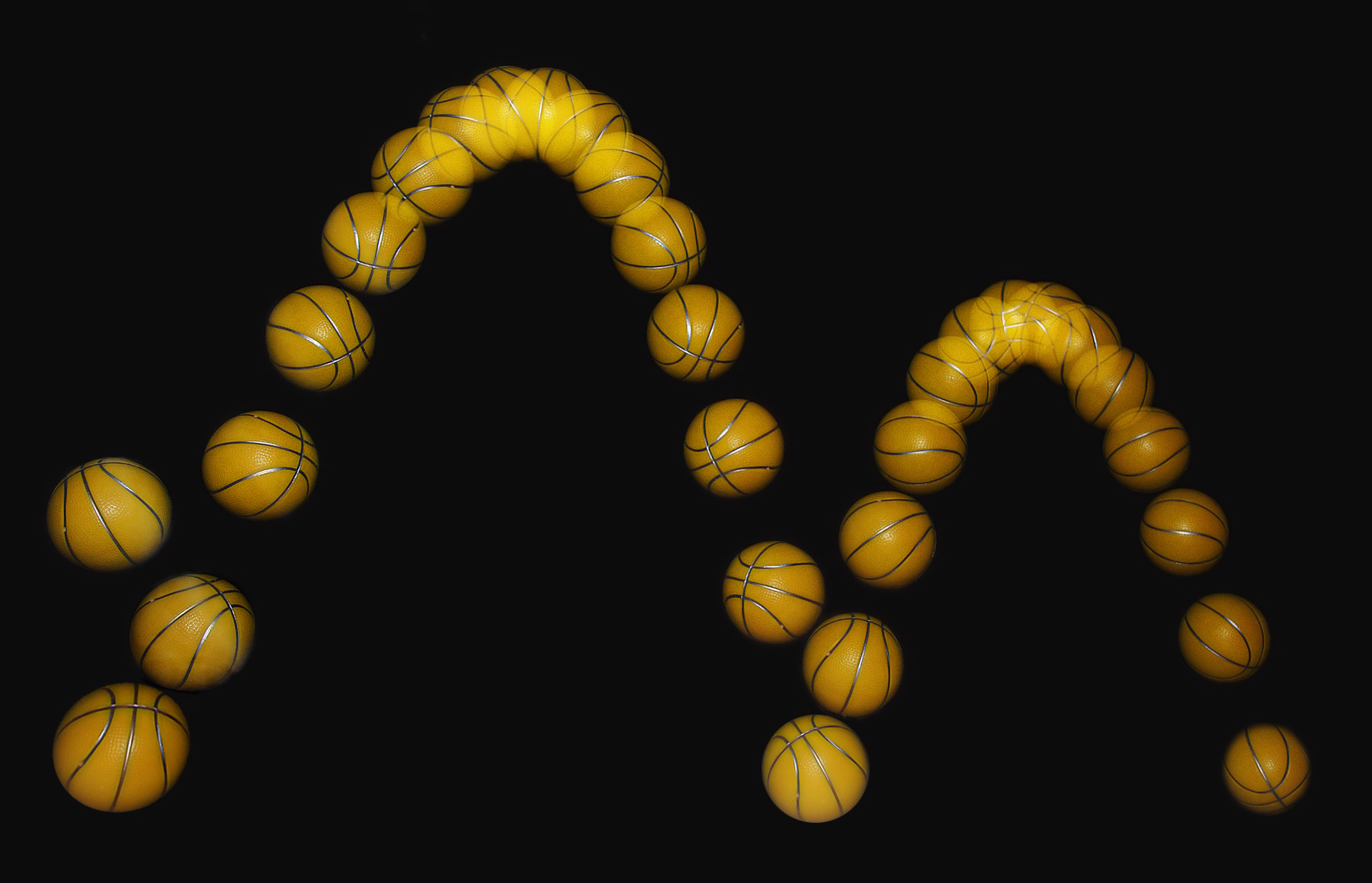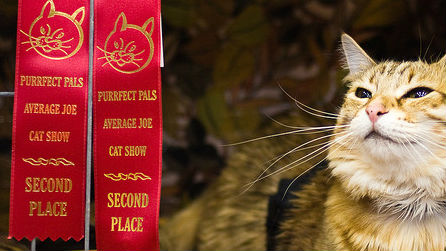‘V for Vendetta’ & Supporting Villains

The Taboos of Alan Moore, Part 1
The world of V for Vendetta is both dystopia and the inevitable outcome of the Thatcher period Moore and artist David Lloyd worked in. As the Guardian points out, “there’s no doubt that the evils of the British Tory party and Thatcherism were preying on Moore’s and Lloyd’s minds when they created the book” – this despite the fact that “Moore actually assumed the Tories were going to lose the 1983 election, and that Labour would remove nuclear weapons from British soil.”
As I’ve pointed out before, many creators struggle to create proper villains. Evey Hammond, the actual protagonist of V For Vendetta, begins as a victim of the horrible government. The book details her life after being rescued by V – the infamous, masked anarchist whose Guy Fawkes’ depiction has been used by the “hacktivist” group Anonymous. We sympathise with Evey, as she loses loved ones and begins gaining strength, resolve and ability to fight back against the terrible government. And, because she sympathises and is protected by him, we seem to automatically accept V’s assassinations of government leaders.
However, Moore was careful to highlight Evey’s disdain and discomfort with such actions, despite her support for the end goal. That Every becomes V’s successor highlights the necessity and the horror needed for the goal to be achieved. What we’re forced to ask is whether, all along, we were supporting someone who was essentially a terrorist, a murderer, and assassin.
By almost any definition, V stands for villain.
Moore forces us to reassess the moral binary so often found in creative mediums: these are the bad guys, these are the good guys. Yet in V for Vendetta, the weakest people are V’s victims not equals; people we see struggling to survive the various political machinations of their colleagues; people who have terrible lives already.
V is something like an evil god: perfect in his planning and execution, never showing weakness (thanks to the mask and his words). It’s easy to see V for Vendetta as what happens when you have a world filled with below average mortals suddenly being attacked by a supervillain with godlike powers.
That we support him is meant to change our views on morality and our views on why villains act the way they do.
Next – The Taboos of Alan Moore, Part 2:Watchmen & the Necessity of Culling the Human Species
—-
Introduction: The Moral Importance of Fiction and Literature
The Taboos of Alab Moore, Part 3:Lost Girls, Sex & Children
Image Credit: Detail from V For Vendetta cover (source)





